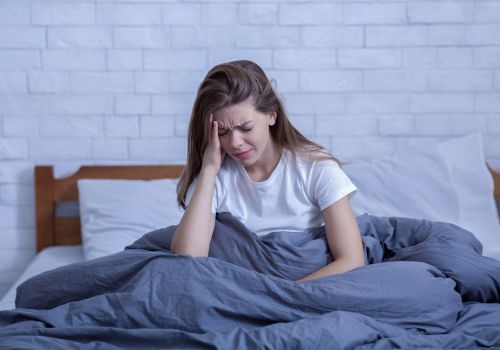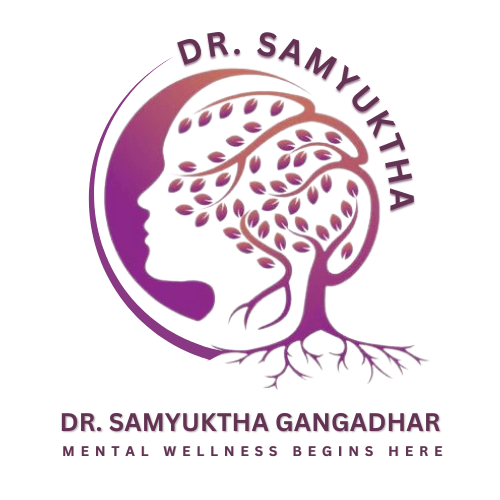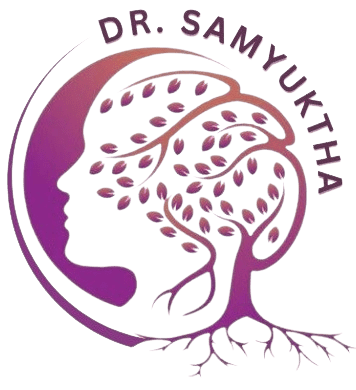- Home
- About Us
- Services
- Team
- Gallery
- Blog
- FYI
- Best Psychiatrist in Bangalore
- Best Depression Doctor in Kolkata
- Best Psychiatrist in Kolkata
- Depression Treatment
- OCD Treatment
- Anxiety Treatment
- Mania Treatment
- ADHD Specialist
- ADHD Treatment
- Treatment for Stress
- Fear Treatment
- Phobia Treatment
- Treatment of Tobacco Addiction
- Alcohol Addiction Treatment
- Anger Issue Treatment
- Relationship Issues
- Managing Frequent Mood Swings
- Behavioral Issues in Children and Adolescents
- Treatments for Lack of Sleep
- Understanding OCD: Comprehensive Treatment Options in Kolkata
- Contact Us
- Home
- About Us
- Services
- Team
- Gallery
- Blog
- FYI
- Best Psychiatrist in Bangalore
- Best Depression Doctor in Kolkata
- Best Psychiatrist in Kolkata
- Depression Treatment
- OCD Treatment
- Anxiety Treatment
- Mania Treatment
- ADHD Specialist
- ADHD Treatment
- Treatment for Stress
- Fear Treatment
- Phobia Treatment
- Treatment of Tobacco Addiction
- Alcohol Addiction Treatment
- Anger Issue Treatment
- Relationship Issues
- Managing Frequent Mood Swings
- Behavioral Issues in Children and Adolescents
- Treatments for Lack of Sleep
- Understanding OCD: Comprehensive Treatment Options in Kolkata
- Contact Us
Home » Sleep Disorders
Sleep Disorders

Sleep disorders refer to a group of conditions that affect the quality, timing, and duration of sleep, leading to disruptions in the normal sleep pattern. Sleep is essential for overall health and well-being, and disruptions in sleep can have a significant impact on physical health, mental health, and daily functioning.
There are various types of sleep disorders, and they can be broadly categorized into several groups:
Insomnia: Individuals with insomnia have difficulty falling asleep, staying asleep, or both. This can be caused by factors such as stress, anxiety, depression, or certain medications.
Sleep Apnea: Sleep apnea is a disorder characterized by interruptions in breathing during sleep. There are two main types: obstructive sleep apnea (OSA), where the airway is blocked, and central sleep apnea (CSA), where the brain fails to send proper signals to the muscles that control breathing.
Narcolepsy: Narcolepsy is a neurological disorder that affects the control of sleep and wakefulness. People with narcolepsy may experience sudden and uncontrollable episodes of daytime sleepiness, as well as sudden loss of muscle tone (cataplexy).
Restless Legs Syndrome (RLS): RLS is a condition characterized by an uncontrollable urge to move the legs, often accompanied by uncomfortable sensations. Symptoms usually worsen during periods of inactivity and can interfere with sleep.
Parasomnias: These are abnormal behaviors that occur during sleep, such as sleepwalking, night terrors, and sleep talking. They often disrupt the normal sleep cycle and can be distressing for both the individual and their sleep partner.
Circadian Rhythm Disorders: These disorders involve disruptions to the body’s internal clock, which regulates the sleep-wake cycle. Shift work disorder and jet lag are examples of circadian rhythm disorders.
Hypersomnia: Hypersomnia refers to excessive daytime sleepiness, where individuals may struggle to stay awake during the day, even after a full night’s sleep. Conditions like narcolepsy and certain medical conditions can cause hypersomnia.
Sleep-related Movement Disorders: These disorders involve abnormal movements or behaviors during sleep. Restless Legs Syndrome (RLS) is one example, and periodic limb movement disorder (PLMD) is another, characterized by repetitive leg movements during sleep.


